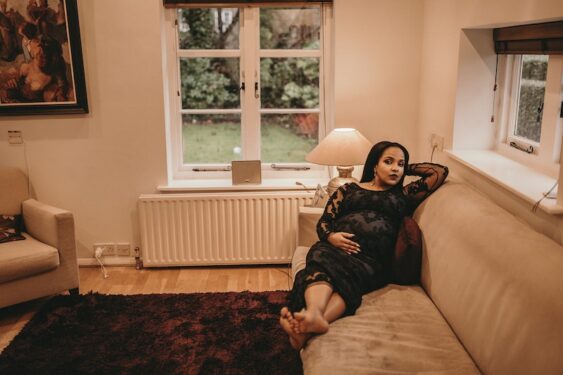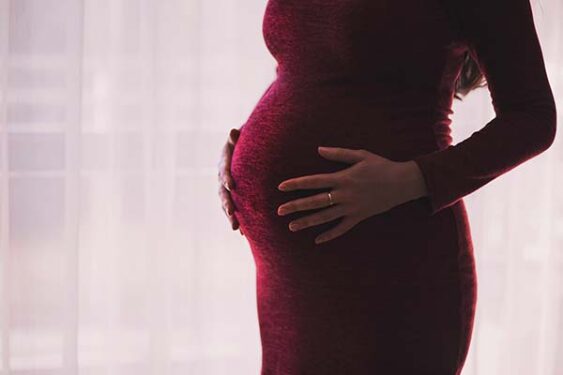
‘All Women Deserve Respectful Health Care’
PROSPECT HEIGHTS — Alecia Jones, chief executive director of New Beginnings Center of Hope, a Christian-based pregnancy center in Jamaica, Queens, said black clients often come to her with a special request. “They ask if they can have a black doctor take care of them,” she said.
The reason? “They’ve had negative experiences with health care providers in other places and feel a black doctor will understand them,” said Jones, a registered nurse.
Black women aren’t paranoid, medical experts said. There is evidence to suggest they don’t receive the same level of health care as their white counterparts.

According to the U.S. Centers for Disease Control and Prevention, black women are three times more likely to die during pregnancy than white women.
“It’s a shame. It shouldn’t be, not in this day and age. It seems pretty medieval,” said Dr. Diane Rhoden-Richardson, a family physician in Queens.
The problem has come to the attention of elected officials. However, efforts to address the problem with legislation have met roadblocks.
For example, a section of the federal Build Back Better bill includes the Black Maternal Health Act, also known as the Momnibus Act. Build Back Better was passed by the House in November, but remains stalled in the Senate, with no sign of moving forward.
The Momnibus Act would provide $275 million for programs aimed at diversifying the healthcare workforce, including doctors, nurses, midwives, and mental health professionals. Under the bill, $175 million would go to local entities to address housing, nutrition, and other factors that affect maternal health. The $175 million includes $75 million for community-based organizations to promote racial equity in maternity care. Another $50 million would go toward anti-bias training programs for hospitals.
Meanwhile, the statistics tell a story of health care differences between races.
The CDC reports that blacks are more likely to undergo a cesarean section than whites. In 2019, 35.9% of all C-sections in the U.S. involved blacks. By contrast, 30.7% of C-sections were performed on white people.
The National Partnership for Women & Families, a non-profit based in Washington D.C., outlined discrepancies in prenatal care. Among their findings: black women are three times more likely to develop fibroids. Fibroids, benign tumors that grow in the uterus, can lead to complications, such as postpartum hemorrhaging.
Black women feel racism plays a part in the discrepancy, and that they are not respected by health care professionals, Jones said. “All women deserve respectful health care,” she said.
Rhoden-Richardson, who is black, gave birth to a son in November. She is pleased with the level of care she received, but wonders if she was treated so well because she is a doctor.
“People have difficulty navigating the system and therefore are less willing to ask questions or speak out when they feel something [wrong] is going on,” she said.
Rhoden-Richardson likes the idea of sensitivity training for hospital staff but has concerns.
“People might look at it as just another task they have to do. It should be incentivized so they feel they’re going to benefit because, if not, we’re just gonna see the same things happen over and over,” she said.

If certain MD s are doing this, report them to NYS professional discipline hot line. There must be follow-through before making racial accusations. The office of professional discipline will follow up with these practitioners. The article seems to imply that someone is “getting away with it.” New York State will take action.